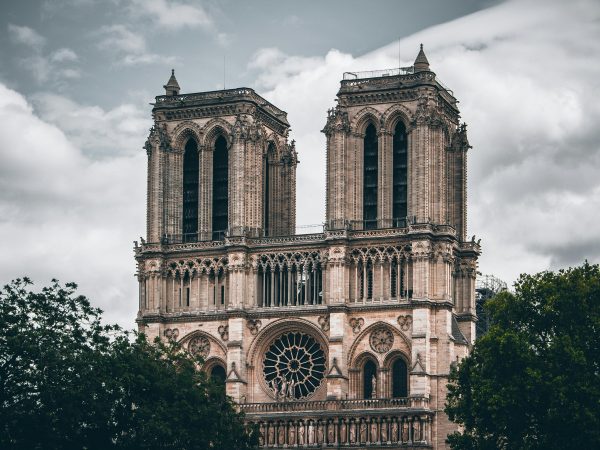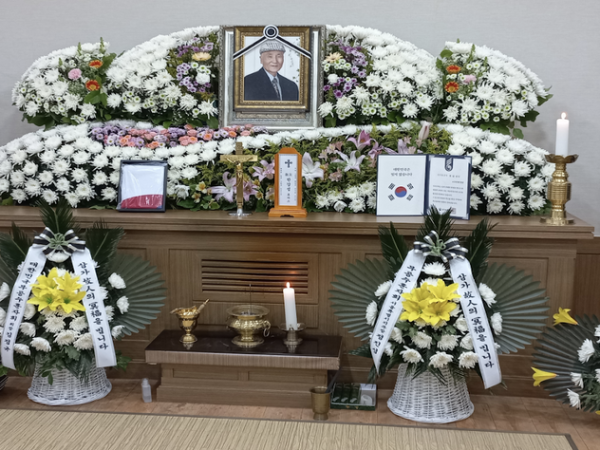
This parable is very much about the widow being a “new and unsettling force in the complacent life” of this unrighteous judge and the structures which incentivize his brutality. To speak of the widow in terms of unsettling force is anything but a stretch in this text. In fact, I think you might be surprised at the turn that is coming.

Does being “without sin” mean never regretting anything, or getting everything right on the first try?
By Aimee Moiso

War and its terrible consequences are painful to look at, but the prophet Jeremiah calls his audience not to look away. Our attention is an essential part of our moral agency.
By Will Kelly








